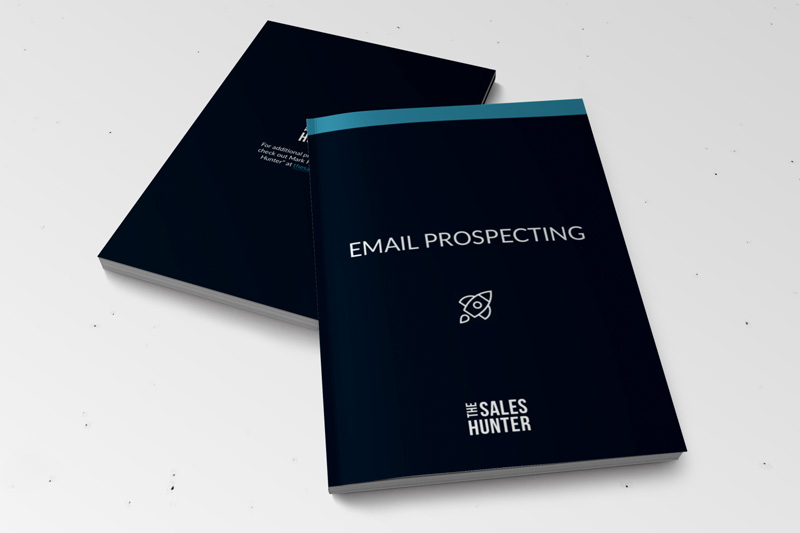 Never offer a customer an open-ended price. Always link to a specified time period.
Never offer a customer an open-ended price. Always link to a specified time period.
When you don’t link your price to a time period, you’re allowing the customer to use the price as a negotiating tool with you whenever they feel like buying.
There’s nothing gained by you until the customer places an order, so you want to be doing all you can to get the order now rather than later.
An open-ended price offering is an invitation to allow the customer to take your price and shop it among your competitors. When this happens, we all know what the result is and it’s not good.
Place a time period of anywhere from 24 hours up to 30 days, depending on the type of industry you’re in. The greater the likelihood the customer might compare your price to the price of your competitors, the shorter the time period should be. There is no reason to make it easy for the customer to leverage prices across multiple suppliers.
Just because you’re putting an expiration date on the price doesn’t necessarily mean you’re going to raise your prices. What it means is you simply don’t know.
The objective is to try and place a sense of urgency in the mind of the customer.
Another great way to use the expiration date technique is by using it as a negotiation tool after the date has lapsed. Customer might be on the verge of buying, but is hesitant until they feel they’re getting some sort of a special deal. This is where you can then offer up the expired price and say you can make an exception to allow them to receive it.
In this manner, you’ve given the customer something but have not done anything on your end that is going to change the customer’s price/value relationship or your profitability. Naturally, you won’t use this approach if you have taken a price increase. If you do, you will have reduced in the buyer’s mind what the long-term price/value benefit is.
Copyright 2012, Mark Hunter “The Sales Hunter.” Sales Motivation Blog.














One Response
Mark,
Good post but what about a SAAS product where the pricing is set at a constant price point?
This seems like this post is focused on large enterprise sales.
Great post!
Thanks,
Jon
http://salesloft.com